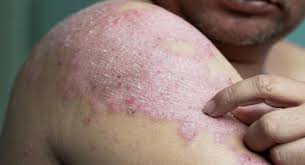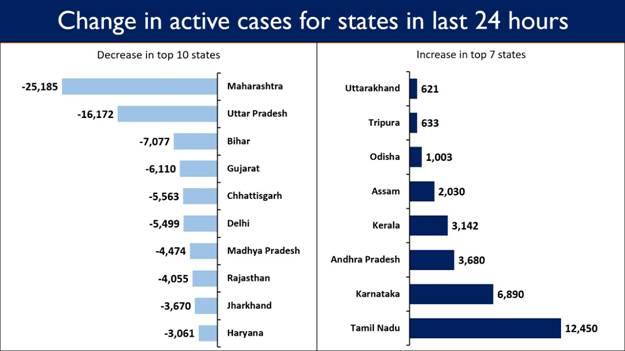New Delhi, August 29, 2024 — Experts have highlighted that men are twice as likely to develop psoriasis as women, underlining the need for increased awareness and early intervention. The announcement comes during Psoriasis Awareness Month, observed every August to educate the public about this chronic autoimmune skin disorder.
Psoriasis, which manifests as thick, red, scaly patches on the skin, typically affects the elbows, knees, lower back, and scalp. The condition is driven by an overactive immune response that accelerates the growth cycle of skin cells, leading to the characteristic lesions. While the exact cause remains unclear, a combination of genetic predispositions, environmental triggers, and hormonal differences are believed to play significant roles.
“Psoriasis is a long-term skin disorder marked by thick, red, scaly patches caused by the rapid buildup of skin cells. The most commonly affected areas are the elbows, knees, lower back, and scalp. Notably, psoriasis appears to affect men more frequently than women,” said Dr. Ruben Bhasin Passi, Consultant – Dermatology at C.K. Birla Hospital Gurugram. “Men often delay seeking medical attention, which can result in more severe symptoms by the time of diagnosis.”
The hormonal differences between men and women may partly explain the disparity in psoriasis prevalence. Oestrogen, which has anti-inflammatory properties, is more abundant in women, potentially offering them some protection against the severe manifestations of the disease. In contrast, testosterone, the dominant hormone in men, may exacerbate inflammatory responses, increasing the likelihood of psoriasis.
Genetic factors also contribute to the higher incidence of psoriasis in men. “Men may inherit certain genes linked to immune system regulation and skin cell turnover, which can increase their susceptibility to psoriasis,” explained Dr. Rashmi Aderao, a dermatology consultant at Ruby Hall Clinic, Pune.
Environmental triggers such as stress, smoking, alcohol consumption, and occupational hazards are known to exacerbate psoriasis symptoms. Men, who may be more frequently exposed to such factors, are thus at greater risk. Furthermore, men’s immune systems tend to mount more aggressive inflammatory responses, leading to a heightened risk of autoimmune conditions like psoriasis.
Beyond the physical symptoms, psoriasis can have a profound psychological impact. The visible nature of the disease often leads to societal stigma, which, combined with physical discomfort, can significantly affect mental health. This underscores the importance of destigmatizing the condition and encouraging early medical intervention.
“Psoriasis prevalence is influenced by hormonal differences, genetic predisposition, environmental and occupational exposure, and immune system differences. The psychological impact is profound, and it’s crucial to recognize that men are particularly vulnerable to delayed treatment, which worsens their prognosis,” Dr. Aderao added.
While there is no cure for psoriasis, a combination of medications and lifestyle changes can help manage the condition and prevent complications. Experts urge those affected, particularly men, to seek timely medical advice and adopt healthier lifestyles to mitigate the severity of the disease.
“Psoriasis is a disease that need not be stigmatized based on gender constructs. It can be prevented from escalating if changes are made in lifestyle, and early intervention is sought,” Dr. Passi concluded.
As Psoriasis Awareness Month continues, the focus remains on educating the public about this condition, promoting early diagnosis, and reducing the stigma associated with it. Through awareness and proactive management, those affected can lead healthier lives with better control over their symptoms.











